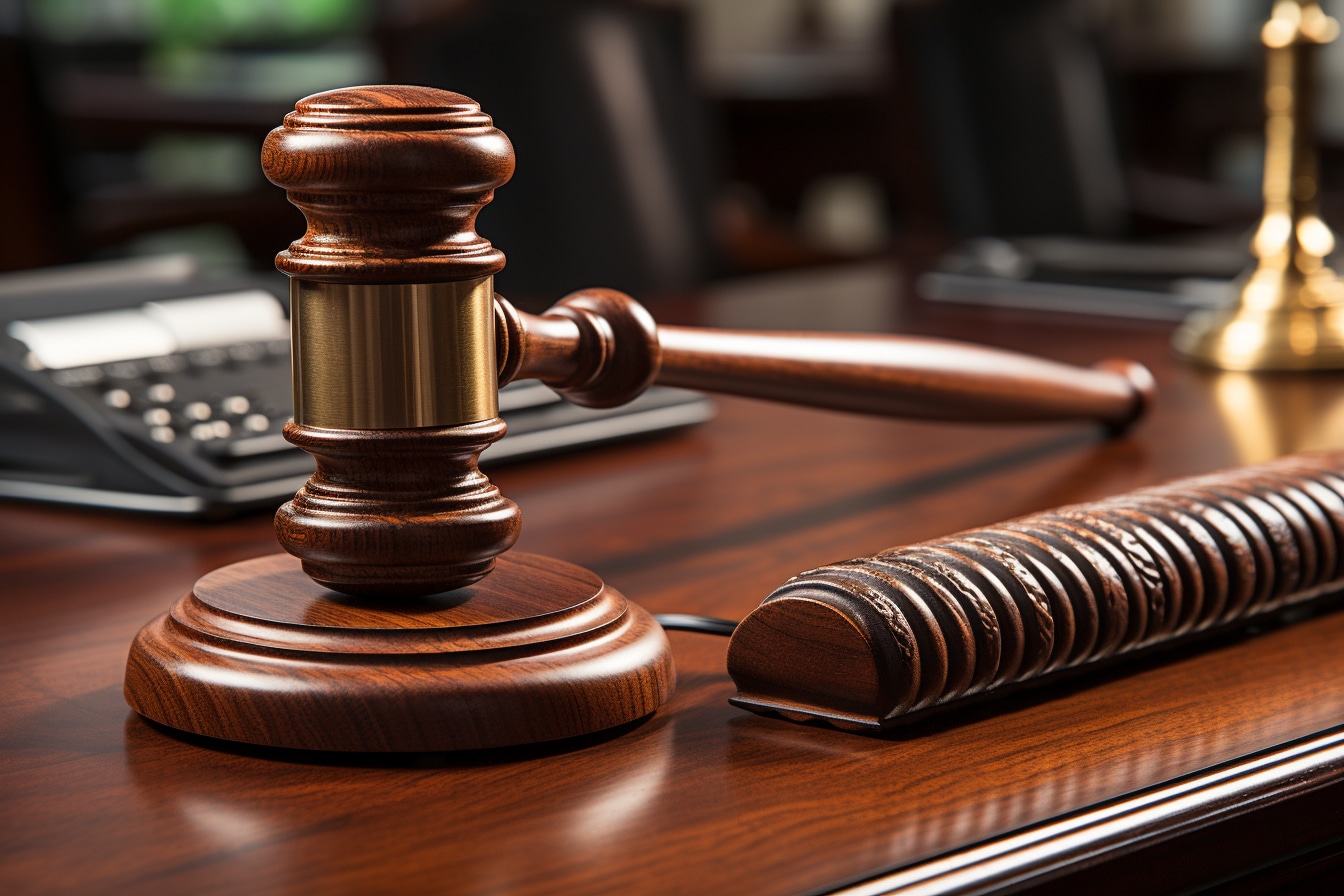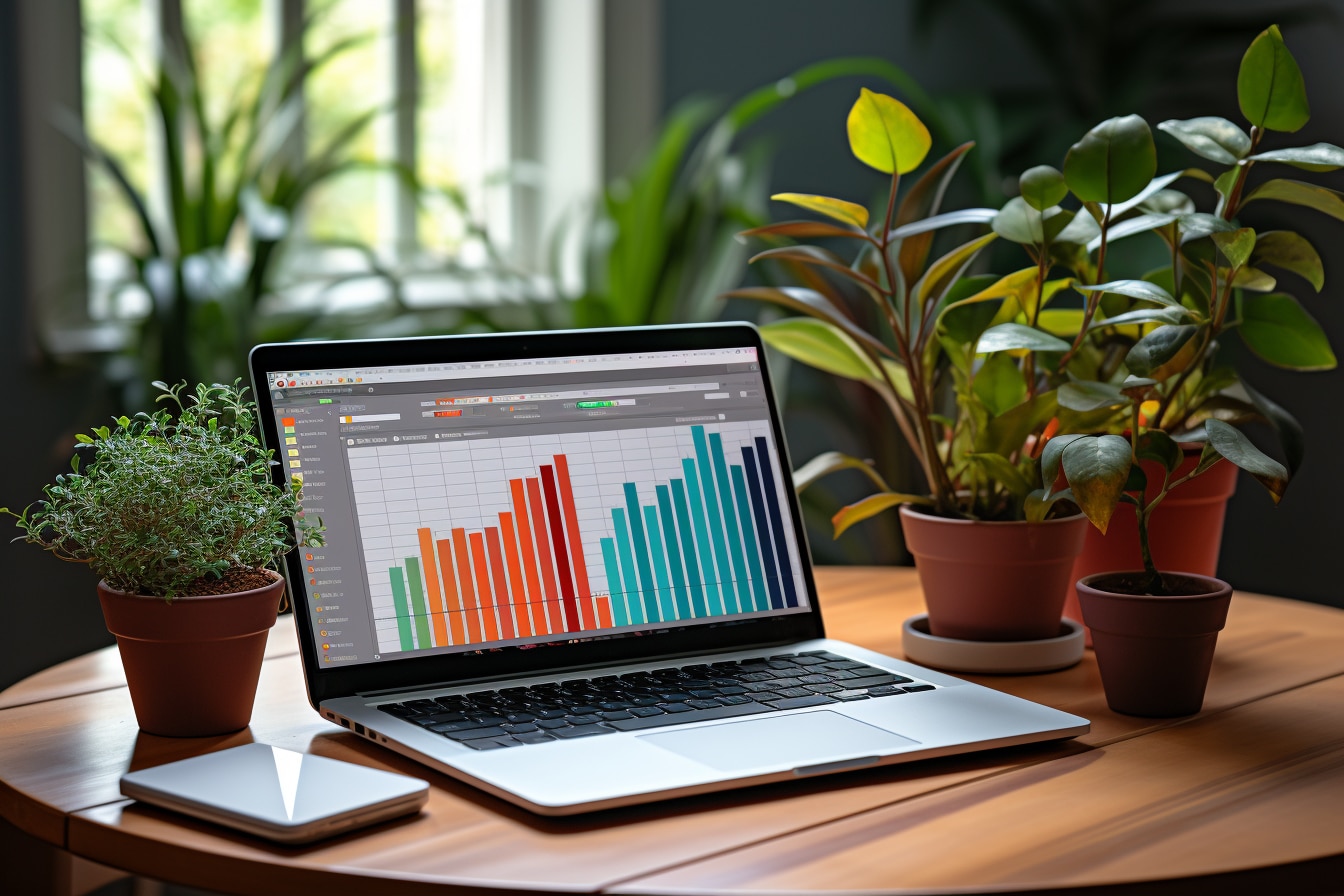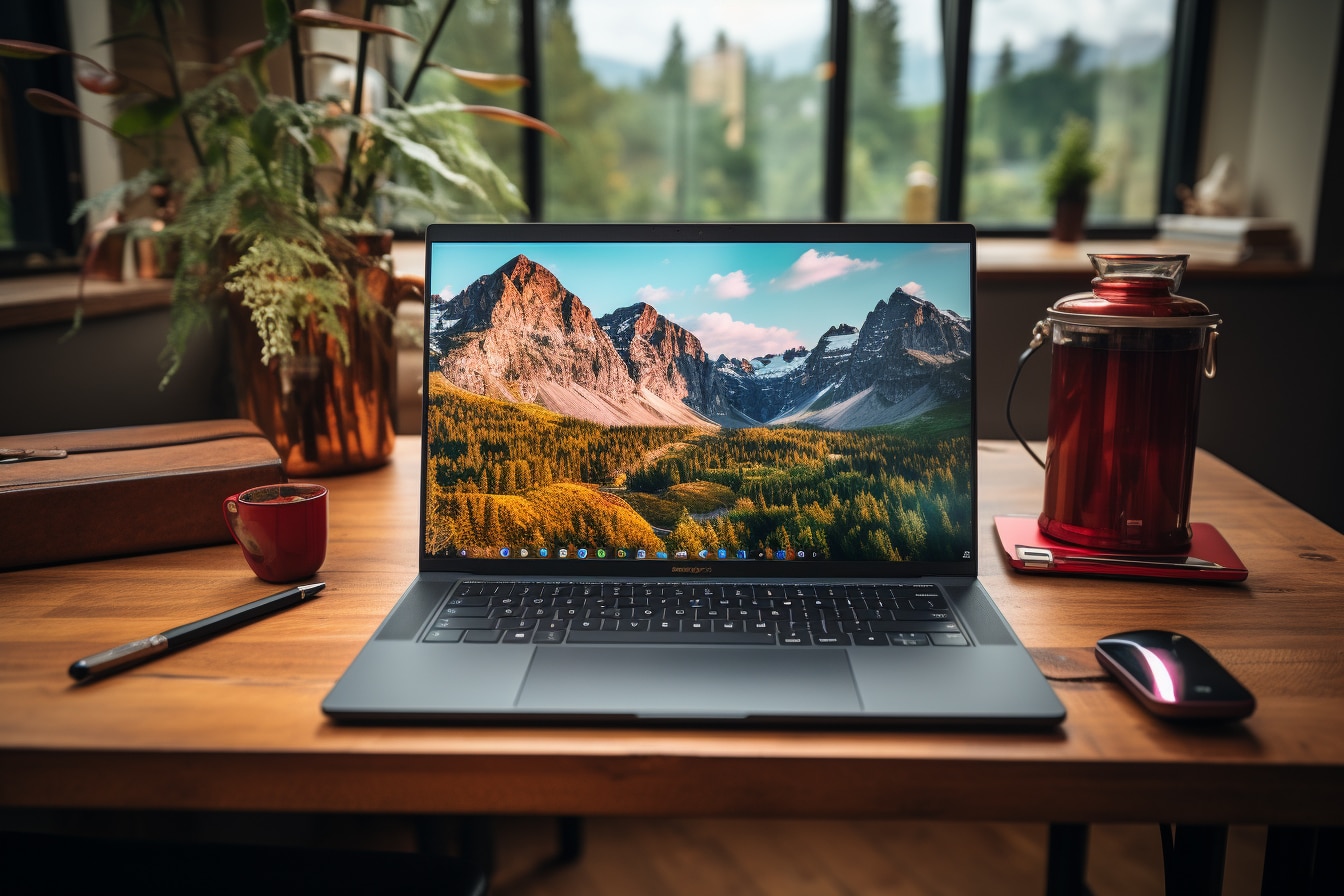Using an image or photo without a license may lead to legal action. Even if the risks incurred can be considerable, there are remedies available to limit the abusive actions of certain authors.
The risks of distributing an image without a license

If you do not respect the license of an image when distributing it, the copyright holder can request its removal. In a professional context, this can be a real source of problems, especially for your company’s reputation if it is accused of plagiarism or copyright infringement. E-reputation is essential for professionals. If this is reached, a loss of confidence on the part of customers can be observed.
In the event of copyright infringement, the infringer may be required to pay a fine, or even damages to compensate the copyright holder for losses incurred. These financial penalties can be significant and have a negative impact on a company’s finances. The problem can be even more dramatic if you use this image in a private context, and the lawsuit jeopardizes your personal resources.
The law protects copyright
Copyright in photographs is protected by articles L111-1 et seq. of the French Intellectual Property Code (CPI). This legislation lays the foundations for image protection:
- Images, photos and drawings are protected by copyright.
- The author is able to determine the conditions under which his works may be exploited.
- The author can limit the use of his work, for example to non-commercial use.
Failure to comply with image copyright legislation can result in a fine of up to 300,000 euros and up to three years’ imprisonment.
Distributing an unlicensed photo: an easy mistake to make

It is important to understand that free-access photos cannot be used for personal or professional purposes without the author’s permission. Even if the owners of this content don’t always react to this re-use, the risks incurred in the event of legal proceedings are quite dissuasive. In fact, more and more authors are taking legal action to claim damages for misuse or infringement.
Recourse in the event of legal proceedings
The authors of certain content do not hesitate to threaten unlicensed users with formal notices that use a very peremptory tone. The letters remind you of the law and ask you to pay a fee as soon as possible, or face legal action. It is advisable to contact a legal advisor, as the basis for these claims is sometimes open to challenge.

The context must also be taken into account. If the image being sued for is posted on a personal website or blog, with no commercial purpose whatsoever, the infringement claim is not necessarily legitimate.
If the content has been present on your site for a short period of time after you became aware of the copyright, the owner’s request may be rejected by the judicial authority. Finally, in certain cases, when the image or photo has been extensively reworked, it is possible to report the offence of counterfeiting.
If you have used an unlicensed photo, we recommend that you remove it from your site or blog as soon as possible. If you are the subject of legal proceedings, it is advisable to contact a lawyer specialized in this field to benefit from his or her expertise. For greater peace of mind, we recommend the use of specialized image banks.




